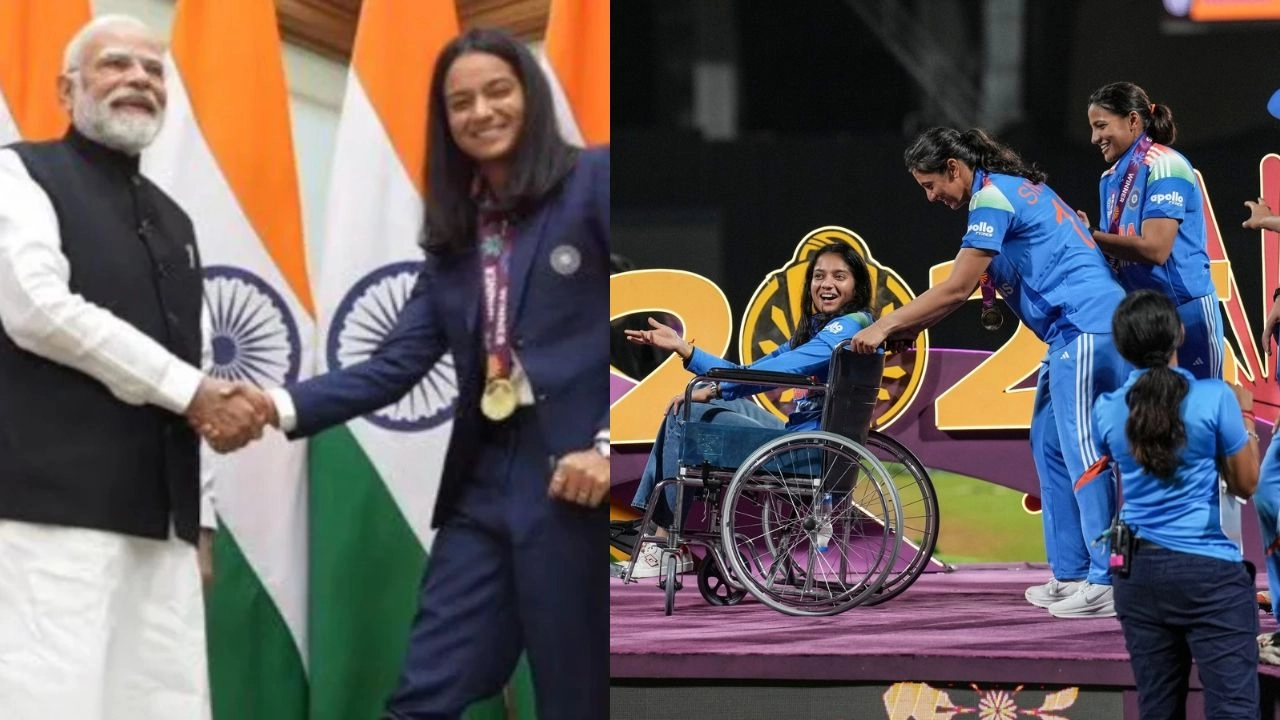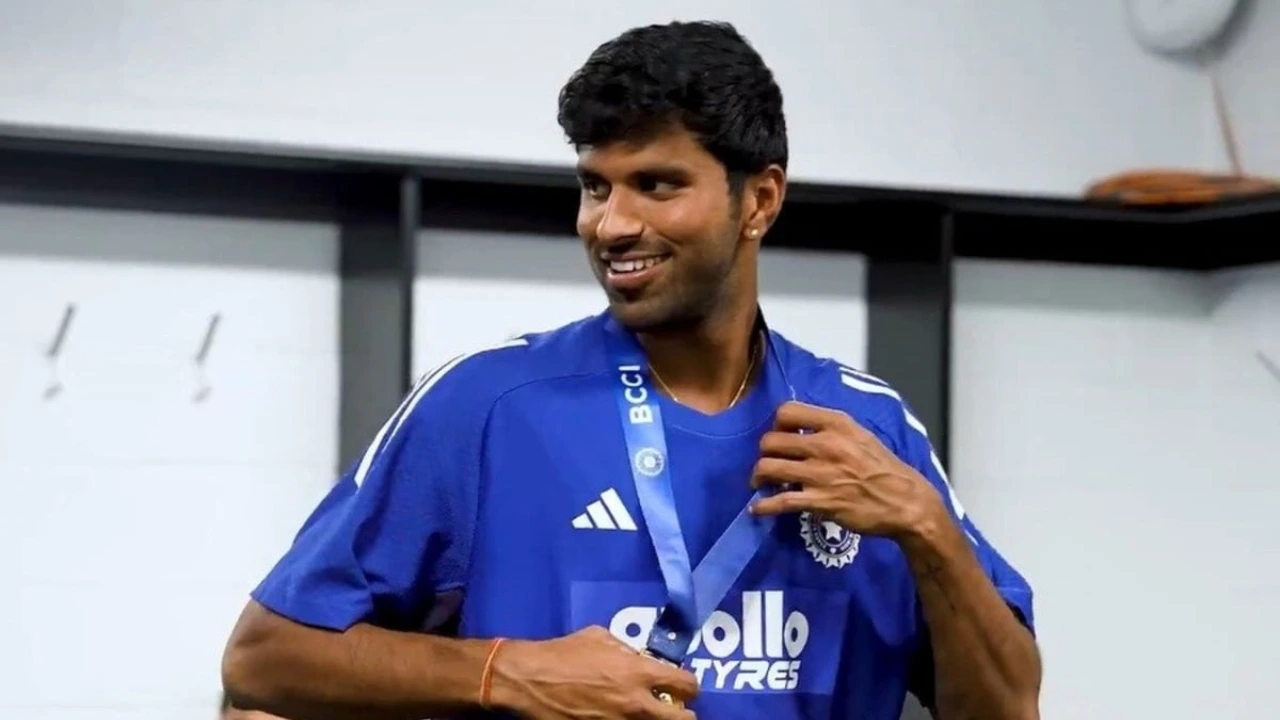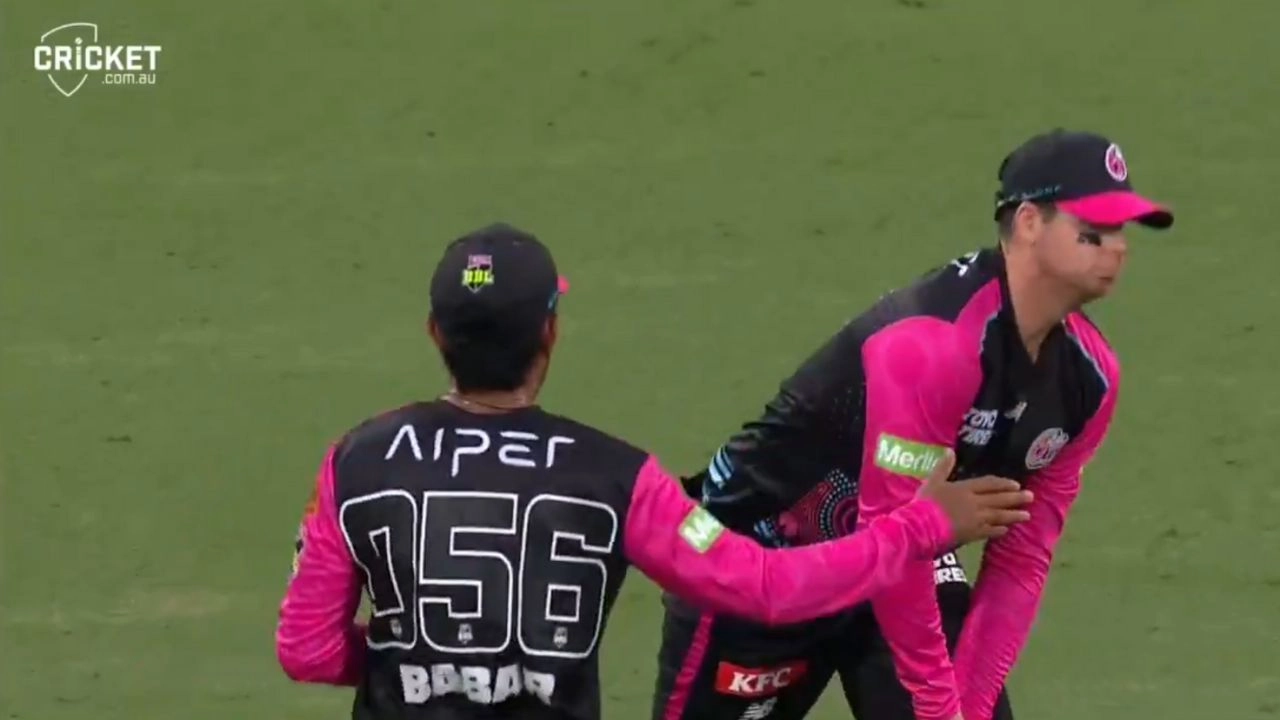In a significant turn of events, Pratika Rawal has finally received her long-awaited World Cup medal, thanks to the intervention of Jay Shah, the Secretary of the Board of Control for Cricket in India (BCCI). This moment marks a culmination of efforts and advocacy that have highlighted the importance of recognizing athletes’ achievements, regardless of the challenges they may face. Rawal, who played a pivotal role in her team’s success during the tournament, had been left without her medal due to administrative delays and procedural complications. Her perseverance and dedication to the sport did not go unnoticed, leading to calls for justice from fans and fellow athletes alike.
Jay Shah’s decision to bend the rules in this instance reflects a broader commitment to supporting athletes and ensuring that they receive the accolades they deserve. In a world where bureaucracy often hampers the recognition of talent and hard work, Shah’s actions serve as a reminder of the positive impact that leadership can have in sports. The gesture not only honors Rawal’s contributions but also sets a precedent for future instances where athletes might find themselves in similar situations. It demonstrates a willingness to prioritize merit and achievement over rigid adherence to rules, fostering an environment that values the accomplishments of athletes.
The awarding of the medal to Pratika Rawal is more than just a personal victory; it symbolizes a step toward greater accountability and recognition within the sports community. Many athletes dedicate years of their lives to training and competition, often facing numerous obstacles along the way. The acknowledgment of their achievements is crucial to their morale and motivation. Rawal’s story resonates with many aspiring athletes who strive for excellence and seek validation for their hard work. This incident has sparked discussions about the need for streamlined processes that honor athletes promptly and fairly, ensuring that their accomplishments are celebrated in a timely manner.
As Rawal holds her World Cup medal, it serves as a powerful reminder of the importance of advocacy and support within the sports community. The role of administrators like Jay Shah is crucial in shaping an environment where athletes can thrive and receive the recognition they deserve. This incident not only highlights the need for reform in certain administrative practices but also reinforces the idea that leadership in sports should be characterized by empathy and responsiveness. Ultimately, Pratika Rawal’s journey to receiving her medal exemplifies the resilience of athletes and the potential for positive change when leaders choose to listen and act.




